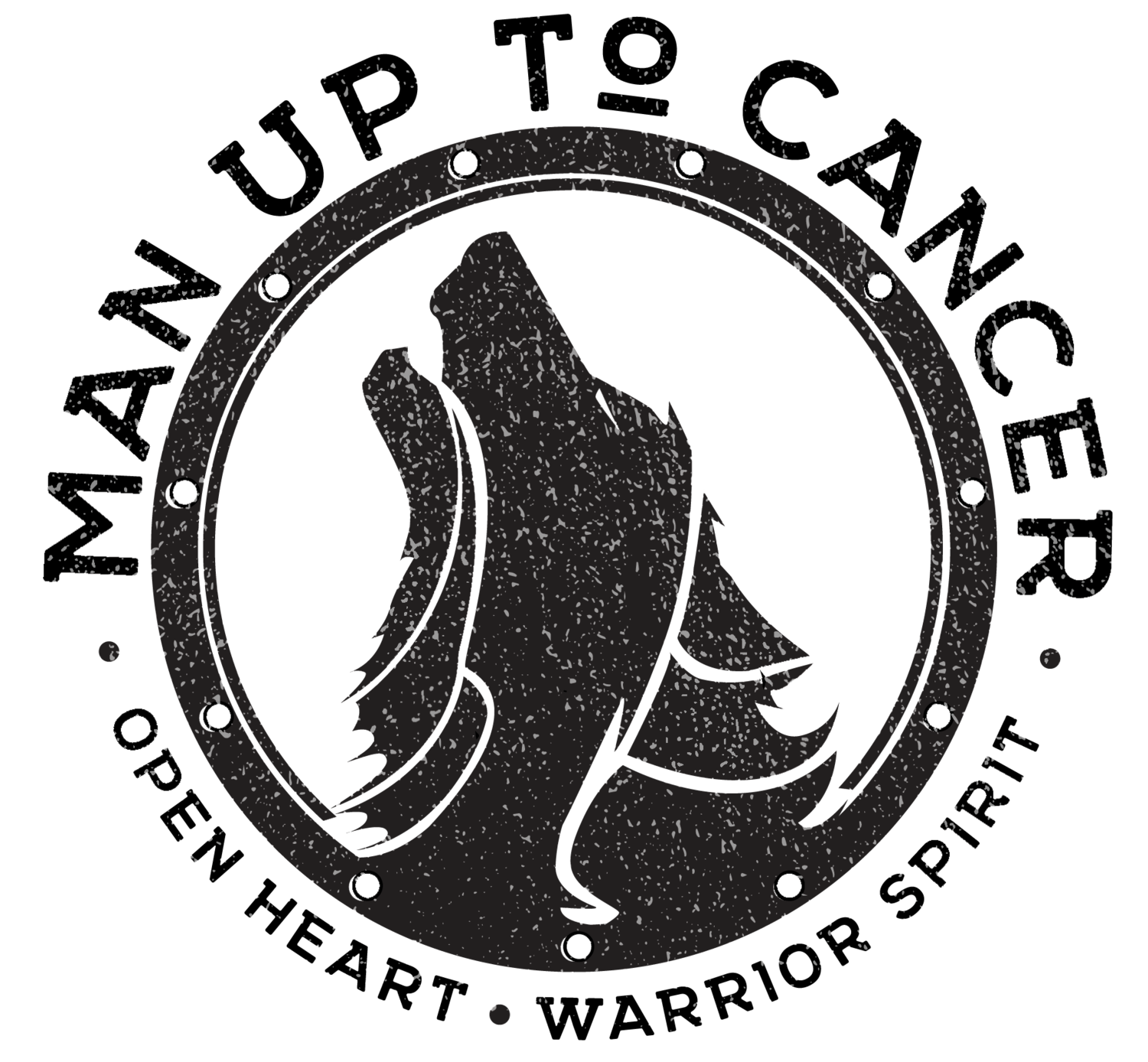Meet Eric Pieszala | Male Breast Cancer Warrior
As we conclude this month of Breast Cancer Awareness, we’re honored to share the final interview in our series. Meet Eric Pieszala (center) , who joined us at the recent Gathering of Wolves alongside fellow breast cancer warriors Danny Riggs (left) and Asa Rosema (right), both of whom we’ve also had the privilege to interview. Together, these men stand as powerful reminders of resilience and community in the fight against male breast cancer.
Breast cancer is often associated with women. How did you first react when you were diagnosed, and how has this perception impacted your journey as a man with breast cancer?
I knew a priest at the Catholic school I attended who passed away from breast cancer, and my mom always reminded us to be mindful, even though it was rare in men. I hadn’t really thought about it much, especially with no family history of cancer. But when I found a lump in my left breast, I assumed it was cystic acne, just as my primary doctor did. After a couple of ultrasounds, one doctor told me it was male breast cancer, even before the biopsy results came back. I was shocked—first by the fact it was cancer and then by the fact it was breast cancer. I was terrified, but I prayed that if God got me through it, I’d do my part to bring awareness to other men.
Can you describe your experience with accessing healthcare and support as a male breast cancer patient? Were there any specific challenges you faced due to the perception that breast cancer is primarily a women’s issue?
When the radiologist who performed my biopsy gave me the results, I asked him what to do next. He just asked, “Don’t you have a breast surgeon?” which caught me off guard since I never imagined needing one. The paperwork was another hurdle—filled with questions about pregnancies, periods, and hysterectomies. You’re handed the forms and told to fill them out, even with asterisks next to irrelevant fields. I also noticed that almost everything was decorated in pink. Men don’t often realize they’re at risk for breast cancer, and the all-pink aesthetic can unintentionally reinforce that breast cancer is a women’s issue. It’s important for men to understand they can get it too. Many men feel embarrassed to even bring it up. But the more awareness spreads, the more we can reach men who may otherwise stay silent about it.
How did you share the news of your diagnosis with your loved ones, and how did they respond, knowing that breast cancer in men is less commonly talked about?
My family—parents, brother, my wife, and her family—were all shocked. We didn’t have any history of cancer in our family until my diagnosis, but I think my mom’s warning helped a bit. Telling them I had breast cancer felt strange, and even stranger to explain I needed to see a breast surgeon for next steps. But overall, they were there for me, and we faced the fight together.
What advice would you give to other men who may feel hesitant to talk about their health or seek help for something they don’t think affects men, like breast cancer?
I would tell them to check—there’s always a chance, no matter how small. And I think men are living longer because awareness is growing. Some guys have come to me, worried about lumps they felt in their chests, and luckily, it turned out to be calcium lumps. But they only went to get checked because they heard my story. If something doesn’t feel right or makes you uneasy, get it checked out. Don’t rely on Google for a diagnosis, and don’t let yourself be another statistic.
How has Man Up to Cancer supported you during this time? Can you share how the community or resources from MUTC have helped you through your journey?
Man Up to Cancer has been a huge support, encouraging me to keep fighting. Even though breast cancer in men is rare, being part of the MUTC community means you’re fighting alongside guys facing all types of cancers. We call it “howling”—if you’re dealing with side effects or struggling, there’s always someone there to help, listen, or give advice. It’s camaraderie, brotherhood, the pack. Without God, my family and close friends (including my church family), and the MUTC community, my story would be a whole lot different.


